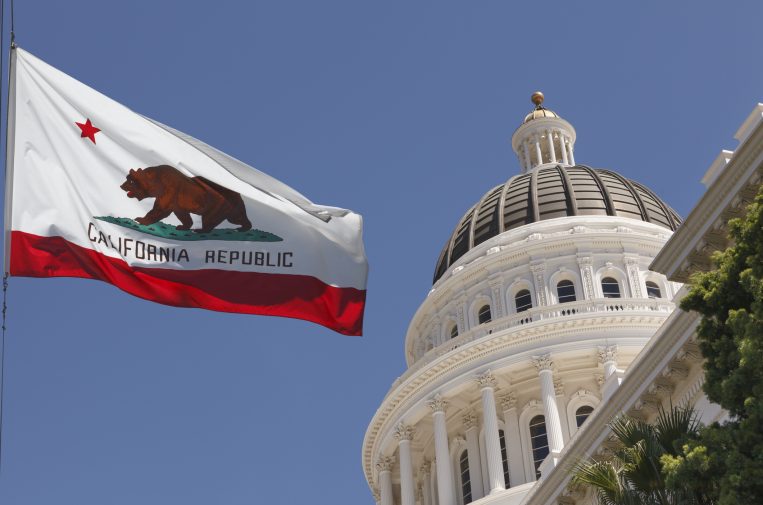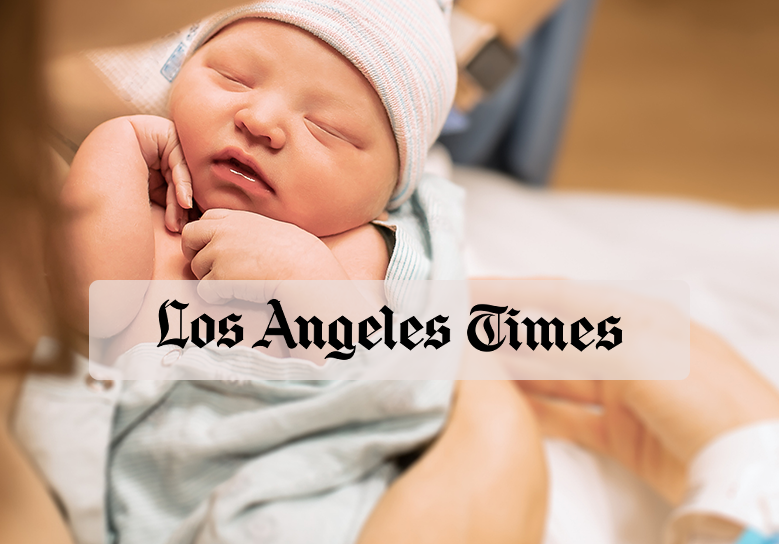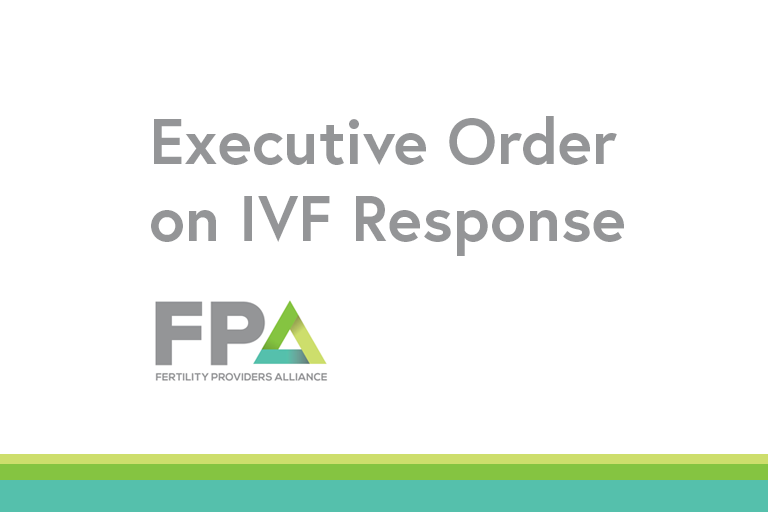Although social research, medical advances increasingly support motherhood at older ages, doctors still stress time is of the essence in treating infertility
SAN RAMON, CALIFORNIA – In the wake of yet another new record for becoming the world’s oldest mother, fertility experts are encouraged by recent research showing that older moms are as capable of good parenting as younger women – but are increasingly concerned about women naively postponing pregnancy till later in life.
“Thanks to technology and today’s 40- and 50-year-olds often being healthier than in the past, it is more possible than ever to facilitate their desires for pregnancy,” said Dr. Mary Hinckley of Reproductive Science Center of the Bay Area, in vitro fertilization (IVF) specialist. “But no one should take that as reason enough to put off giving birth past the normal reproductive years.”
Women’s focus on career development – combined with rapid advances in fertility medicine – has produced higher-than-ever increases in the birth rates for older mothers. The birth rate for American women aged 40-44 years has more than doubled in the last 25 years, according to the Centers for Disease Control, a greater increase than in any other age group.
But there is a down side, Dr. Hinckley said: “The media spotlight on women giving birth in their 50s and 60s, especially among celebrities, can be grossly misleading. It can create the fallacy that there is no ticking clock and ultimately create heartache for women who wait too long to try to conceive.”
In December, a 67-year-old woman from Barcelona, Spain became the world’s oldest mother, after having undergone IVF in the United States. Meanwhile, results of a study announced in October by University of Southern California researchers showed that women in their 50s and 60s are just as capable of being good parents as women in their 30s and 40s.
The research was based on the mental and physical health of 150 women, a third of whom had become parents in their 50s after receiving IVF with donor eggs. Findings indicated there was no significant difference in health or stress levels that might reduce their parenting capacity as compared with younger women in their 30s and 40s who also participated in the study.
In accordance with current guidelines established by the American Society for Reproductive Medicine, the age limit for women who seek fertility treatment at RSC is currently 51 (52 for a gestational carrier). Fertility begins to decline at age 28. Women older than 35 are more likely to have problems such as preeclampsia, diabetes, premature birth, and a low birth weight baby, as well as placental problems. Although older women run greater risk of complications during pregnancy and childbirth, the study clearly states that once their children are born, older women are just as good at raising them.
The study also reinforces the use of assisted reproductive technology such as egg freezing for those who wish to begin parenting later in life. Cryopreservation allows women in their 20s and 30s to preserve their fertility by freezing their eggs, which can be implanted in later years with successful pregnancy rates. In just the last year, scientists at RSC have begun offering such “egg banking” to qualified patients for fertility preservation.
Data from the Centers for Disease Control show birth rates for women aged 35-44 years have been increasing continuously since 1978 and are at their highest levels in the past three decades. From 2003 to 2004, the birth rate for women aged 30-34 years increased less than 1 percent, while the rate for women aged 35-39 years rose by 4 percent. The birth rate for women 40-44 years increased 3 percent, to 9.0, and the rate for women aged 45-49 years increased in 2004 to 0.6 births per 1,000 women.
[hoops name=”PR-contact”]






